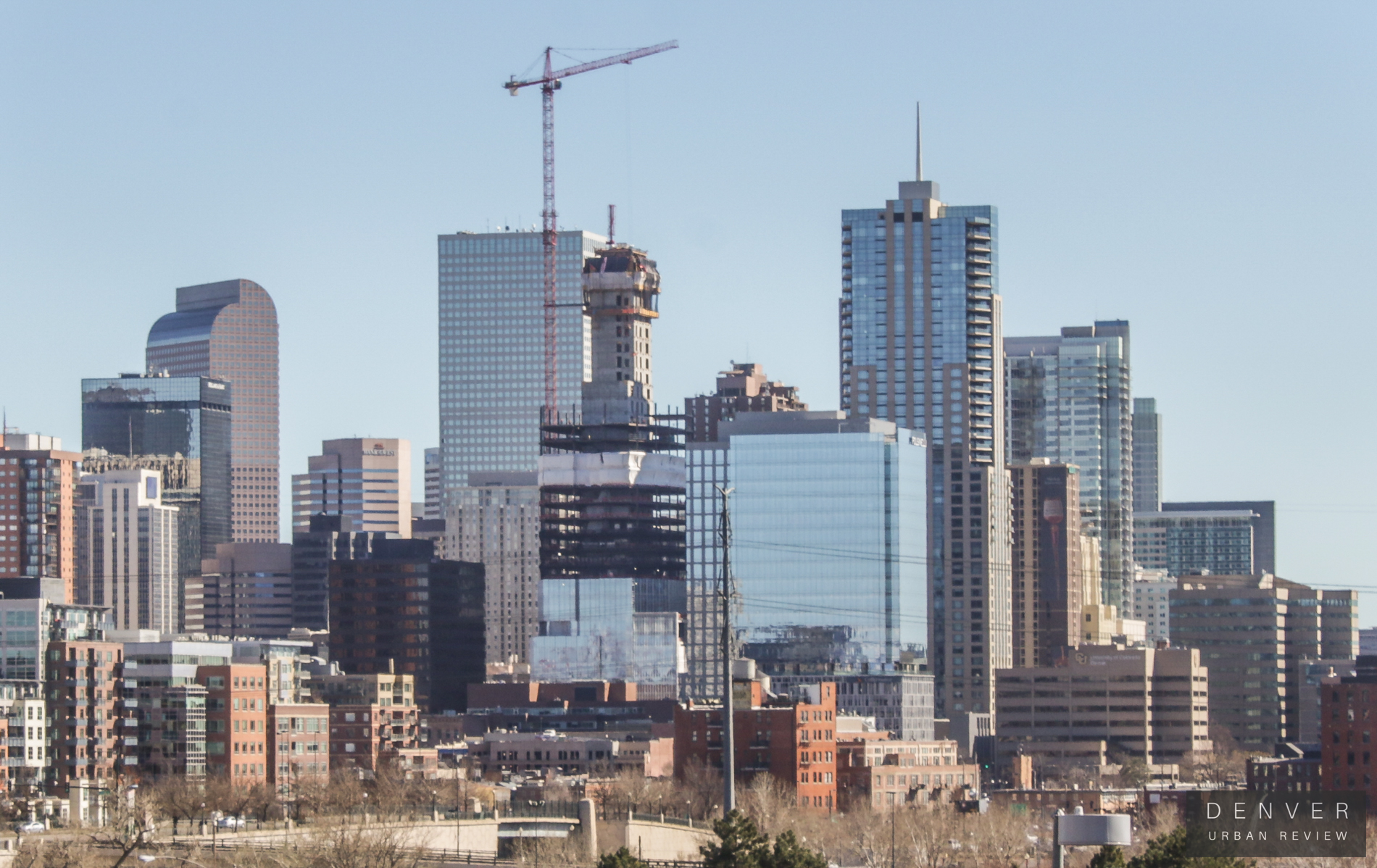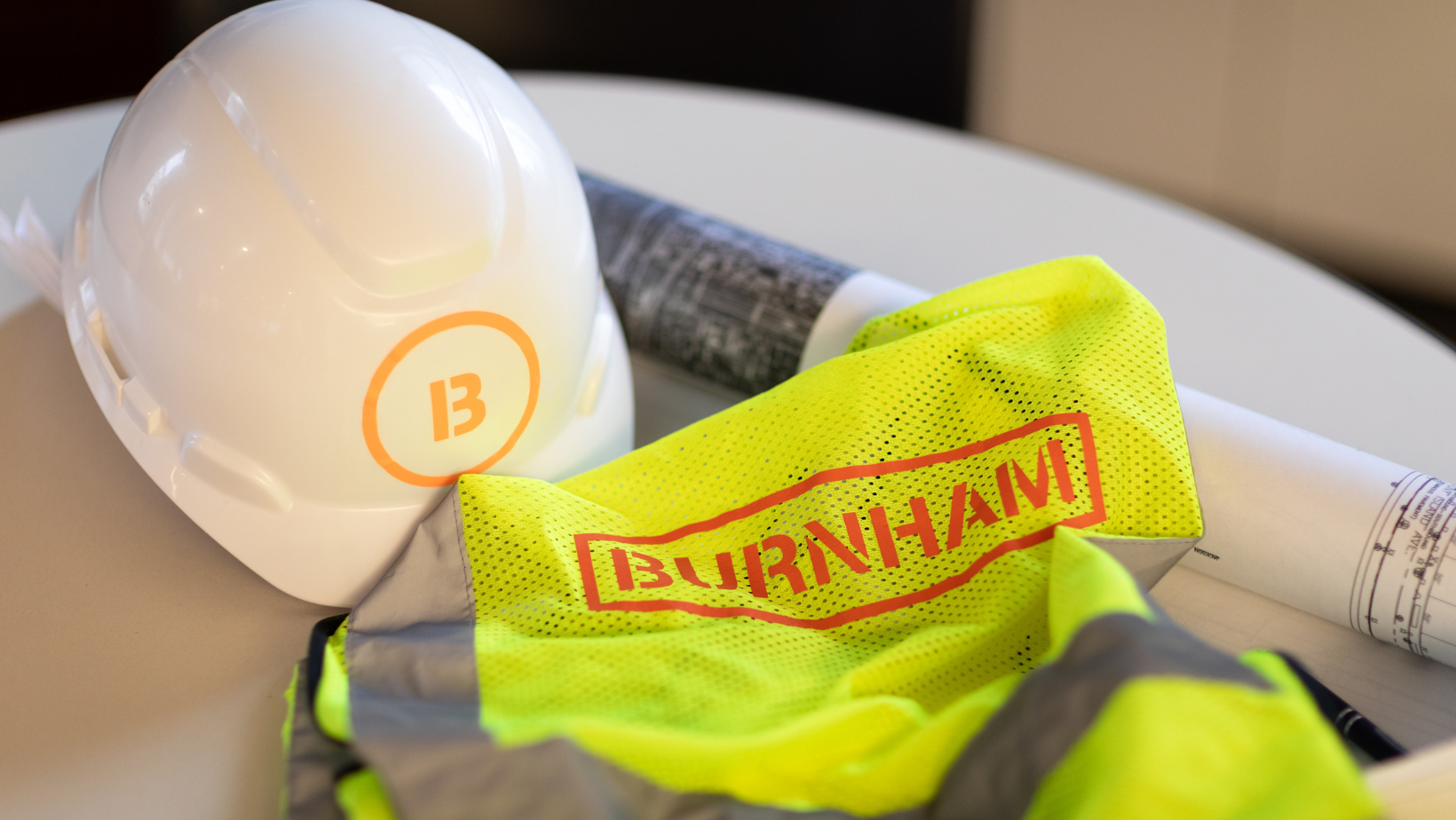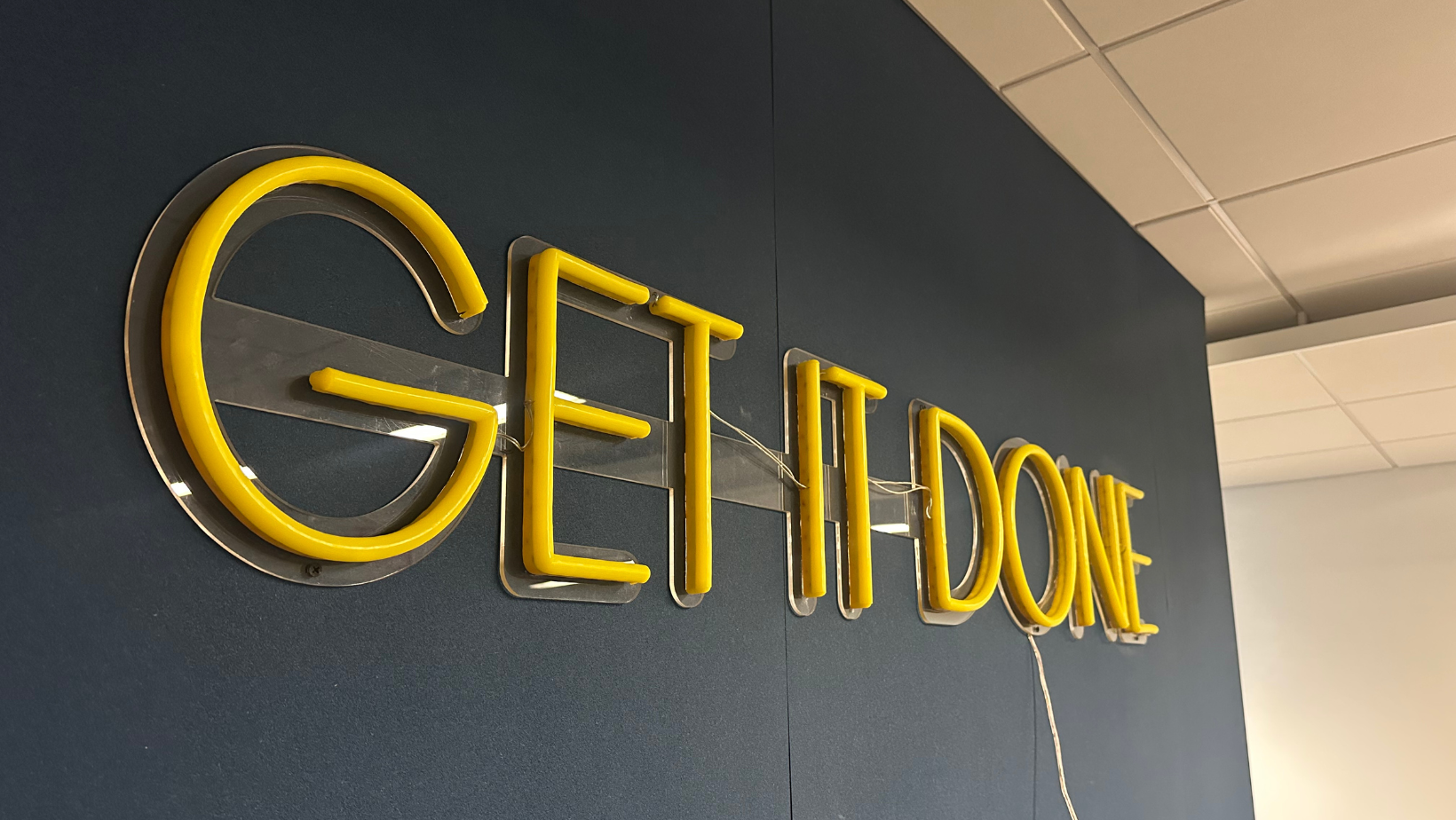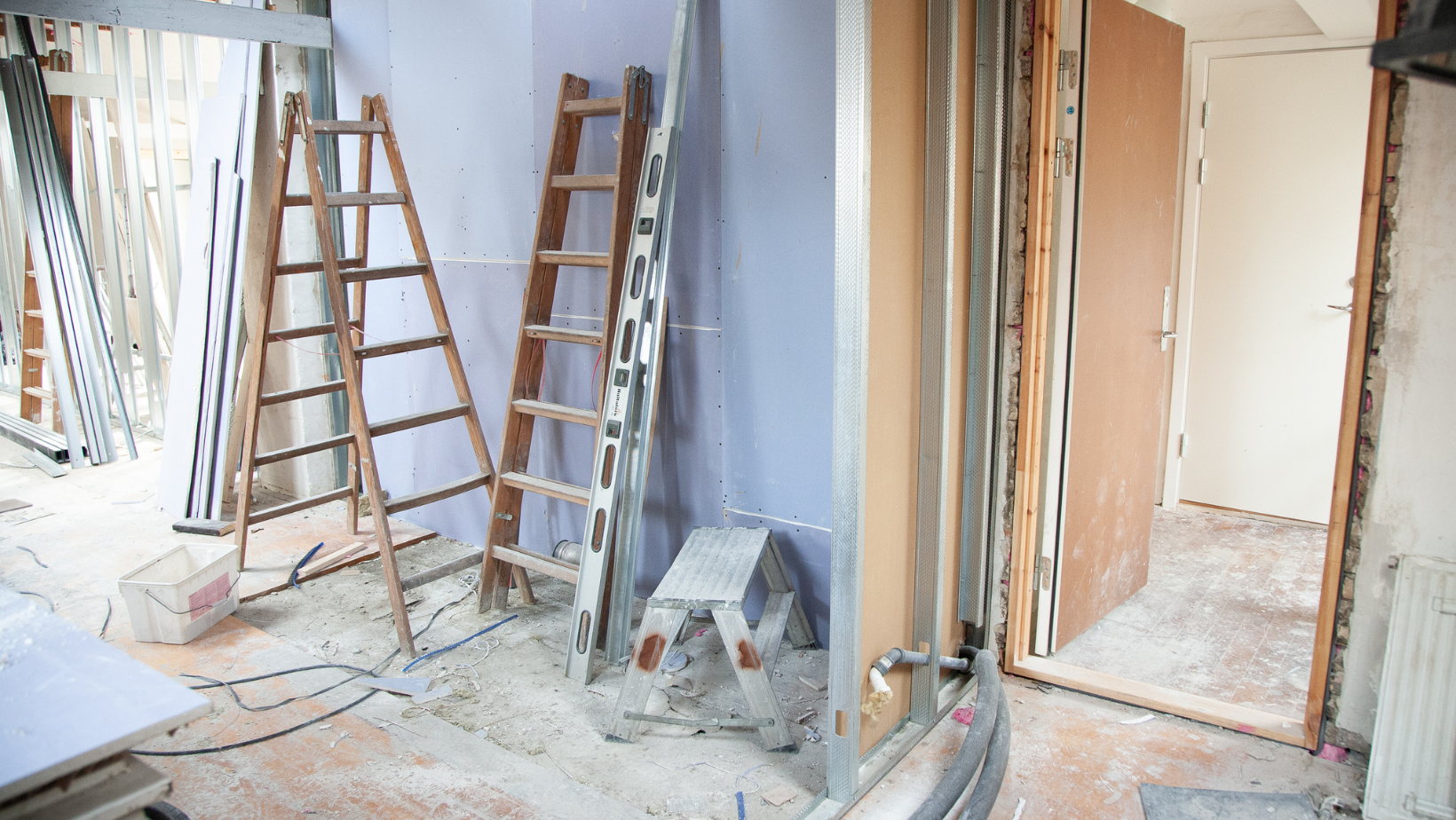Building in Denver – What to Consider When Planning for the Permitting Process.

Posted by Aaron Jagiel

Exponential growth in development has led to the largest number of construction permits being issued to date. Due to the high volume of applications, and other contributing issues, navigating the submittal and review process can be a lengthy, confusing, and sometimes frustrating experience, especially if not done properly.
With over 30 years of experience, and a comprehensive understanding of the Denver market, at Burnham Nationwide we have the expertise to ensure your project will proceed as quickly and smoothly as possible.
Outlined below are 5 key issues for consideration when applying for a permit:
1. Plan on Red Delays
Plan reviews are currently taking much longer than usual to complete. Permit application volumes are at historic highs while at the same time the city, like many employers, is experiencing ongoing staffing and hiring challenges. If a project is deemed not appropriate for a walk-through review, logged-in permit reviews with Denver’s Building Department will be required and usually take between 2 to 4 weeks per round. However, large-scale residential and commercial projects may take longer, and applicants should plan on 2 to 3 months to complete a for review of their projects. There is light at the end of the tunnel though, as of March 2023 all departments are now fully staffed and working diligently to decrease any backlogs and improve overall project review times. If a permit is not approved on the first review due to incomplete documentation or the need for additional information, it can set the approval process back several weeks or sometimes months. We can't emphasize enough how crucial it is to ensure accurate plans and documents are submitted for the initial review and the potential impact on the project timeline for failing to do so.
2. Plan on Red Tape
Most building projects in the Denver metro area require general construction permits as well as trade-specific permits, like electrical, mechanical, and plumbing permits. Before a permit can be issued, a plan review is required to evaluate the project and ensure it will meet
all necessary building, zoning, and fire codes.
Unfortunately, this requires additional layers of input and coordination from multiple departments that don't necessarily communicate effectively and efficiently, further complicating the process and potentially increasing turnaround times.
3. Plan on Addressing Environmental Concerns
Expansive Soil
Construction in Colorado poses specific challenges due to the unique geological conditions present here, characterized by highly expansive clay soils. The soils contain high levels of bentonite and other expansive minerals, which cause it to swell dramatically when wet and shrink when dry.
Prior to any groundbreaking, you will need to determine if expansive soils are present through geotechnical testing. If present, soils at the construction site will have to be properly prepped and/or incorporate foundations engineered specifically for expansive soils. Any construction from the ground up will require special reporting, and occasionally, additional time allotted for the testing.
Denver's Green Buildings Ordinance (GBO)
This city law, adopted in 2018, requires developers and property owners to select from a menu of strategies for more sustainable development, designed to increase green space, improve water and storm water management, increase the use of solar and other renewable energies, foster the design of more energy-efficient buildings, and facilitate implementation of national green building programs, such as LEED.
4. Plan on Unique Design Requirements
Design standards and guidelines, and associated design review processes, are often required in many municipalities to ensure the level of design quality and neighborhood activity generated by new development, renovations, and other improvements are consistent with community objectives. They are frequently established through the general development plan process, context-specific zone districts, zoning overlays or adoption of new rules and regulations.
In some design review districts, an appointed board conducts design review using adopted design standards and guidelines. In others, city staff conduct design review, or a community group conducts design review and makes recommendations to developers or city staff.
5. Plan on Partnering with a Professional
Permit expeditors are intimately familiar with local jurisdictions' building permit processes, have established relationships in permitting, understand building codes and zoning ordinances, and most importantly, stay abreast of the latest changes that can severely cause delays in obtaining a building permit.
At Burnham we have the expertise to ensure approval for a construction permit as quickly and easily as possible for any residential or commercial construction project, with creative solutions and to help navigate these tricky waters of building in Denver.
Contact Burnham Denver today with any questions you may have. We look forward to being of service.




